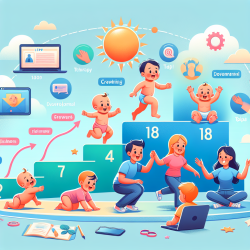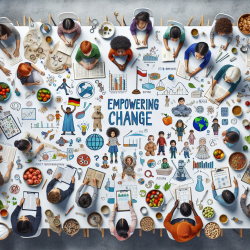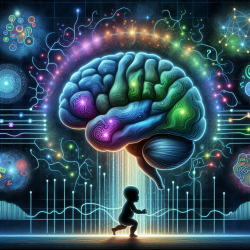As a parent, watching your baby grow and develop is one of the most exciting parts of parenting. Understanding developmental milestones can help you track your child's progress and ensure they are on the right path. In this guide, we’ll explore what to expect at different stages and how you can support your baby's growth.
Why Milestones Matter
Developmental milestones offer important clues about how your baby plays, learns, speaks, acts, and moves. Regularly tracking these milestones allows you to monitor your child's progress and address any concerns early on. Consulting with your baby's doctor during well-child visits will help you understand what to expect next.
Milestones by Age
- 2 Months: At this stage, babies typically calm down when spoken to or picked up, smile when you talk to them, and make sounds other than crying.
- 4 Months: Babies often chuckle when you try to make them laugh and make cooing sounds like "oooo" or "aahh". They also start to hold their head steady without support.
- 6 Months: By six months, babies usually recognize familiar people, reach for toys they want, and roll from tummy to back.
- 9 Months: Babies at this age might be shy around strangers but will show several facial expressions. They also start making different sounds like "mamamama" or "babababa".
- 12 Months: At one year old, many babies can play simple games like pat-a-cake and say words like "mama" or "dada". They also begin walking while holding onto furniture.
Tips for Supporting Your Baby's Development
Your involvement as your baby's first teacher is crucial for their learning and brain development. Here are some simple ways to support your baby's growth:
- Respond Positively: Smile and talk to your baby when they make sounds. This encourages back-and-forth conversation.
- Engage in Play: Provide safe toys that encourage reaching and exploring. Allow your baby to touch different textures safely.
- Create Routines: Establish consistent routines for feeding and sleeping. This helps your baby know what to expect.
- Avoid Screen Time: Limit screen time for children under 2 years old. Focus on interacting with your baby through talking and playing instead.
If You Have Concerns
You know your baby best. If you notice that your baby is not meeting one or more milestones or has lost skills they once had, don’t hesitate to act early. Discuss any concerns with your baby's doctor and ask about developmental screenings. Early intervention can make a significant difference in helping your child reach their full potential.
If you're still concerned after consulting with the doctor, consider asking for a referral to a specialist or contacting your state’s early intervention program for assistance.
For more information on developmental milestones tracking, please follow this link.










